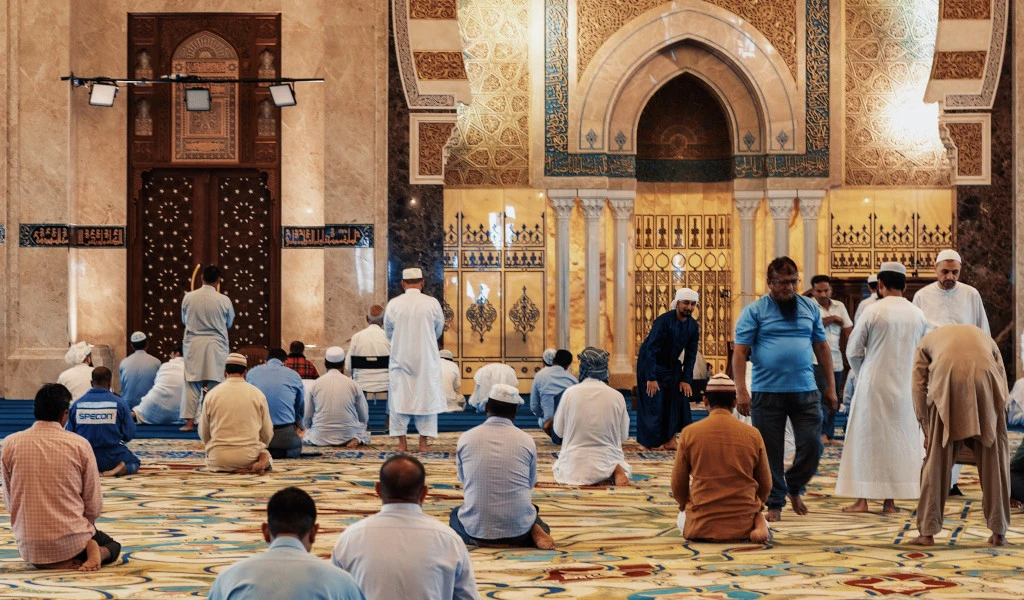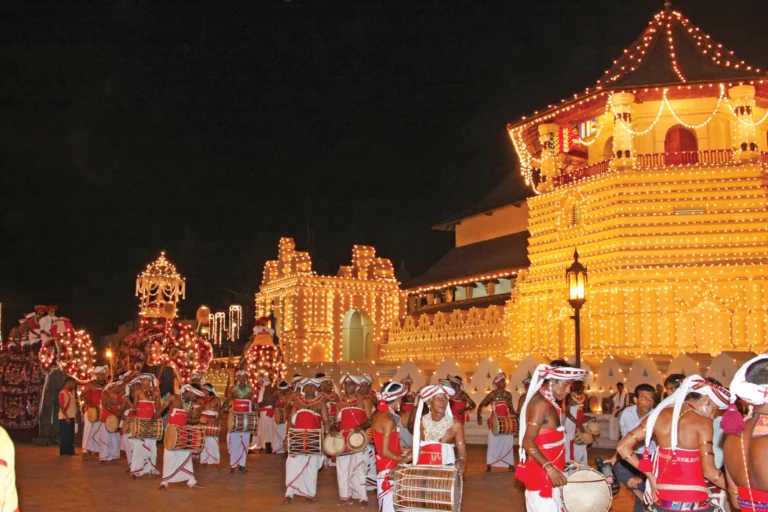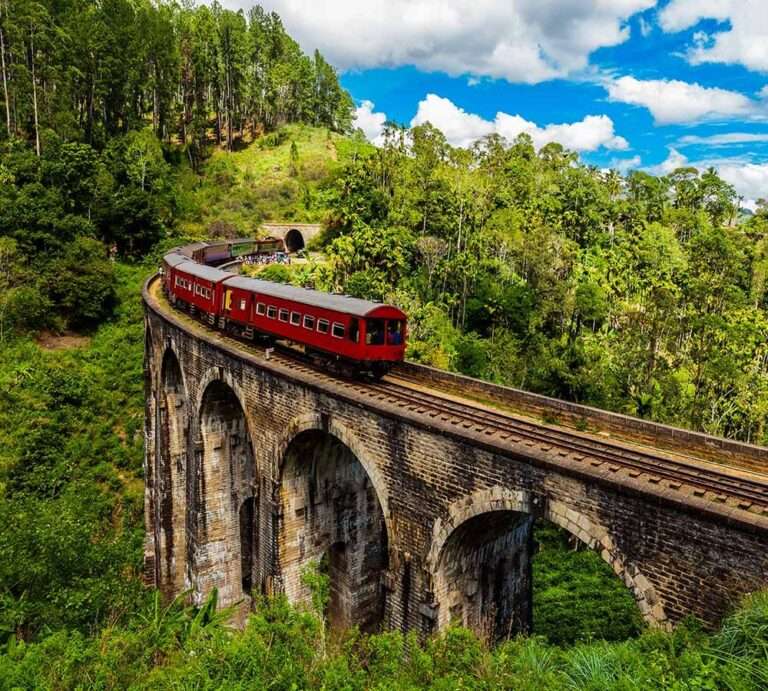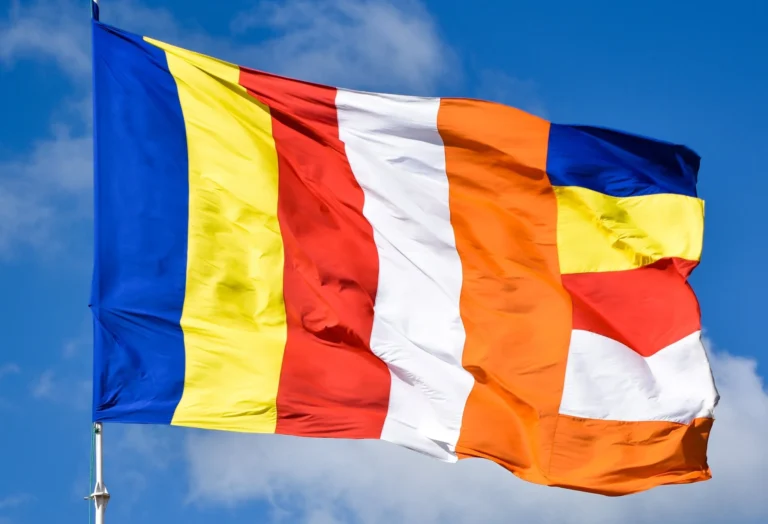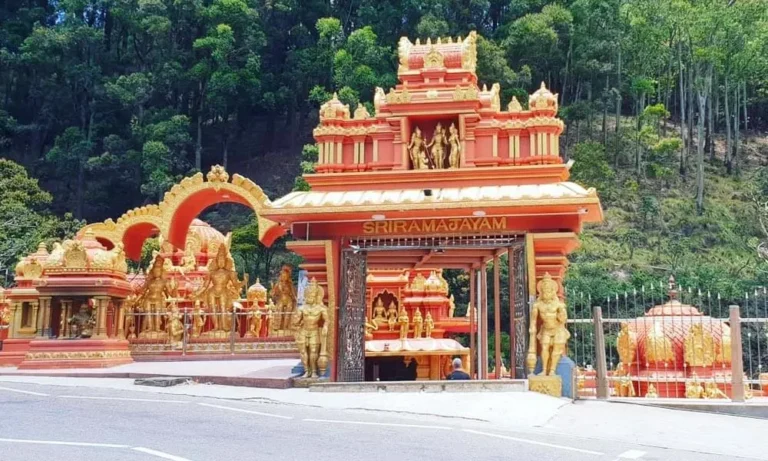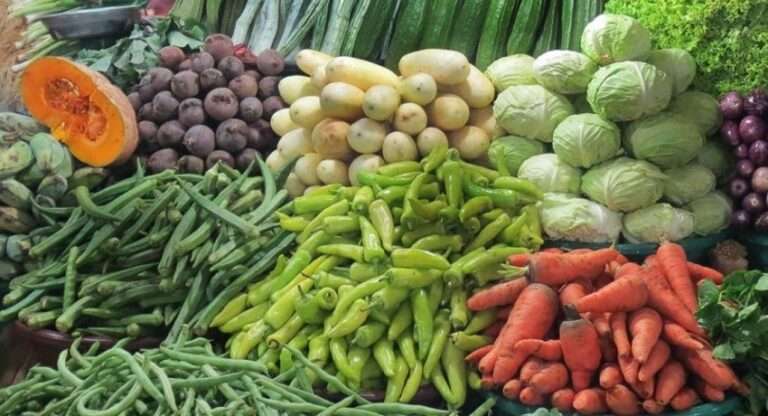Celebrating Ramadan in Sri Lanka, A Cultural and Spiritual Experience
Ramadan, known as Ramazan in Sri Lanka, is a sacred month of fasting, prayer, reflection, and community observed by Muslims worldwide. In Sri Lanka, where a vibrant Muslim community adds to the island’s rich tapestry of cultures, the Ramadan celebration is a unique blend of religious devotion and cultural practices. This article delves into the essence of the Ramazan ceremony in Sri Lanka, highlighting its significance, traditions, and the unique way it is celebrated on this tropical island.
Understanding Ramadan
Ramadan is the ninth month of the Islamic lunar calendar and is regarded as the holiest month for Muslims. It commemorates the first revelation of the Quran to Prophet Muhammad. The observance of Ramadan is one of the Five Pillars of Islam and includes fasting from dawn until sunset, engaging in increased prayer and reflection, and performing acts of charity.
Ramadan in Sri Lanka: A Cultural Insight
Sri Lanka’s Muslim population, predominantly Sunni, forms around 9.7% of the country’s total population. The majority of Sri Lankan Muslims live in the Eastern Province, with significant communities in Colombo, Kandy, and other urban centers. The Ramazan ceremony in Sri Lanka is marked by distinctive customs and practices that reflect the island’s multicultural heritage.
Pre-Ramadan Preparations
In the days leading up to Ramadan, Muslim households in Sri Lanka begin their preparations. Markets and bazaars buzz with activity as people stock up on essentials for Suhoor (pre-dawn meal) and Iftar (breaking the fast). Special foods, spices, and dates are in high demand. Many mosques and community centers also prepare for the influx of worshippers, ensuring they are ready for the nightly Taraweeh prayers.
The Rituals of Fasting
Fasting during Ramadan involves abstaining from eating, drinking, smoking, and marital relations from dawn (Fajr) until sunset (Maghrib). The fast is broken with the Iftar meal, which traditionally starts with the eating of dates and drinking of water, followed by a variety of delicious dishes.
In Sri Lanka, the Iftar spread often includes local delicacies such as Kanji (rice porridge), samosas, cutlets, and various sweets. Families and friends gather to share the meal, and community Iftar events are common in mosques and public spaces.
Taraweeh Prayers
Taraweeh prayers are special evening prayers performed during Ramadan. In Sri Lanka, mosques come alive with the sounds of Quran recitation as Muslims gather for these extended prayers. The sense of community is strong, with people from all walks of life coming together in worship.
The Last Ten Days and Laylat al-Qadr
The last ten days of Ramadan hold particular significance, with many Muslims increasing their worship and devotion. Laylat al-Qadr, or the Night of Power, is believed to fall within these final days. It is considered the most sacred night of the year, marking the night when the Quran was first revealed. Many Sri Lankans spend this night in prayer, seeking forgiveness and blessings.
Eid al-Fitr: The Festival of Breaking the Fast
The end of Ramadan is marked by Eid al-Fitr, a joyous festival that celebrates the completion of a month of fasting, prayer, and reflection. In Sri Lanka, Eid begins with a special prayer service held in mosques and open areas. People dress in their finest clothes, often new, and visit friends and family to share festive meals.
Traditional Sri Lankan Eid dishes include biryani, watalappam (a rich coconut custard), and an array of sweets and pastries. Gifts are exchanged, and acts of charity, known as Zakat al-Fitr, are performed to help those in need.
Visiting Sri Lanka During Ramadan
For tourists, visiting Sri Lanka during Ramadan offers a unique cultural experience. The hospitality and warmth of the Sri Lankan people are ever-present, and visitors can witness the rich traditions and spiritual practices of the Muslim community. It’s a time when the island’s cultural diversity is on full display, offering an enriching experience for travelers.
Tips for Travelers
- Respect the Customs: While fasting is not expected of non-Muslims, it’s courteous to be mindful and avoid eating or drinking in public during fasting hours.
- Experience Iftar: Join a local Iftar event or dine at a restaurant offering special Iftar menus to enjoy traditional Sri Lankan Ramadan dishes.
- Visit Mosques: While some areas of mosques may be off-limits to non-Muslims, many mosques welcome visitors who are interested in learning more about the local culture and traditions.
Conclusion
Ramazan in Sri Lanka is more than just a religious observance; it’s a time of communal harmony, reflection, and celebration. The unique blend of Islamic and Sri Lankan traditions creates a vibrant and spiritually enriching experience. Whether you are a local or a visitor, participating in or witnessing the Ramazan celebrations in Sri Lanka offers a deeper understanding of the island’s diverse cultural heritage.
Experience the beauty of Ramadan in Sri Lanka, where tradition, spirituality, and community come together in a harmonious celebration.

